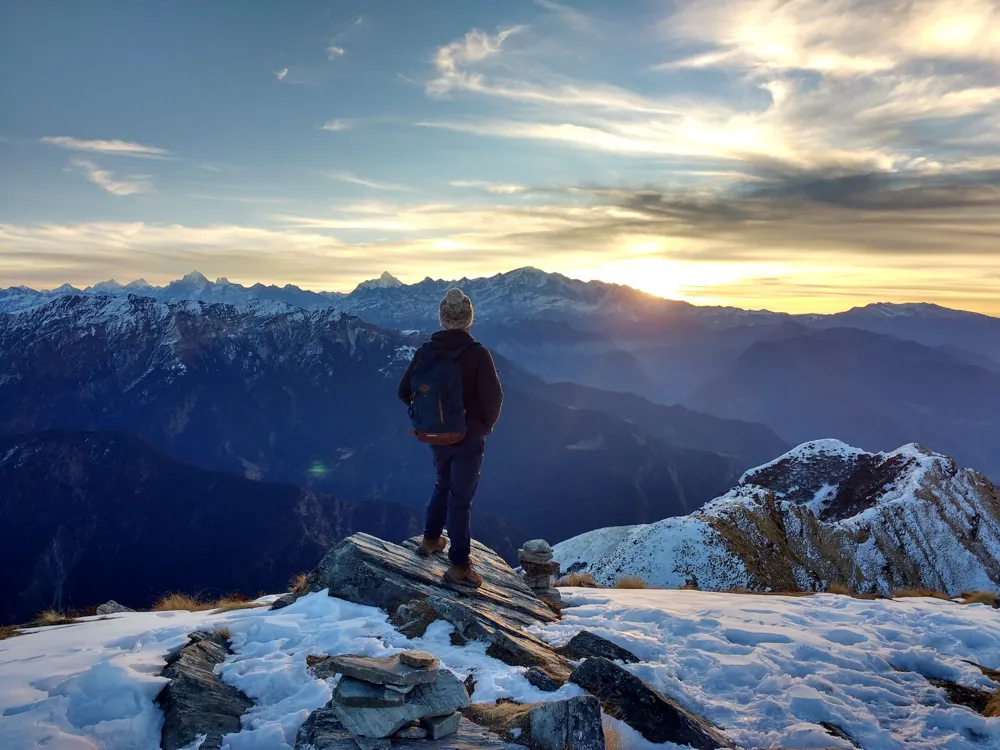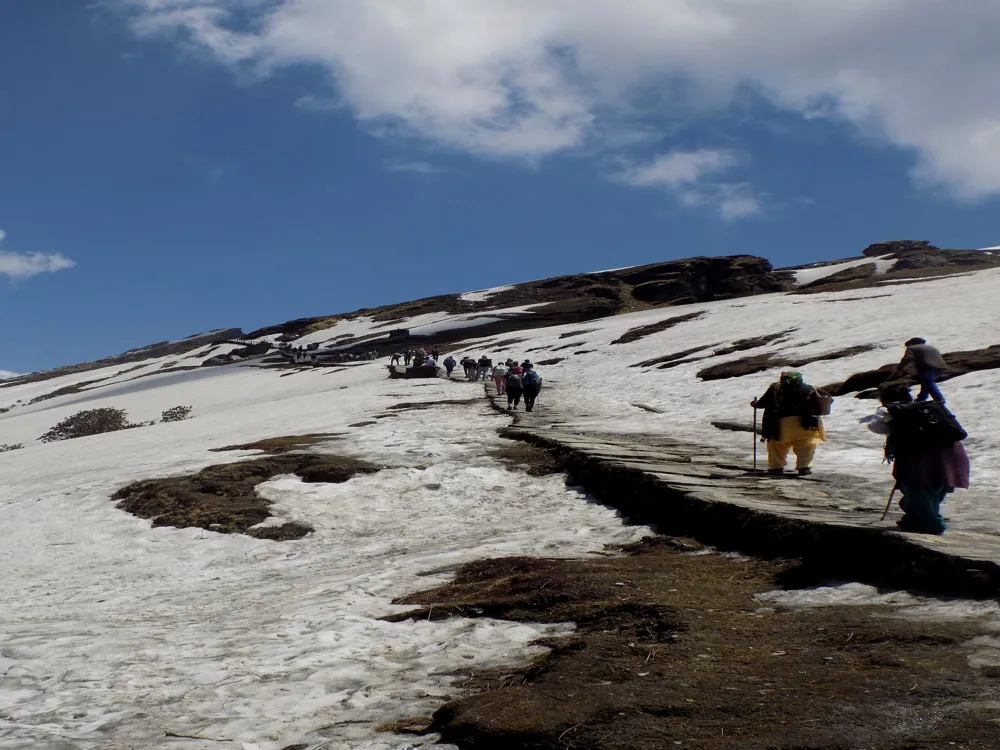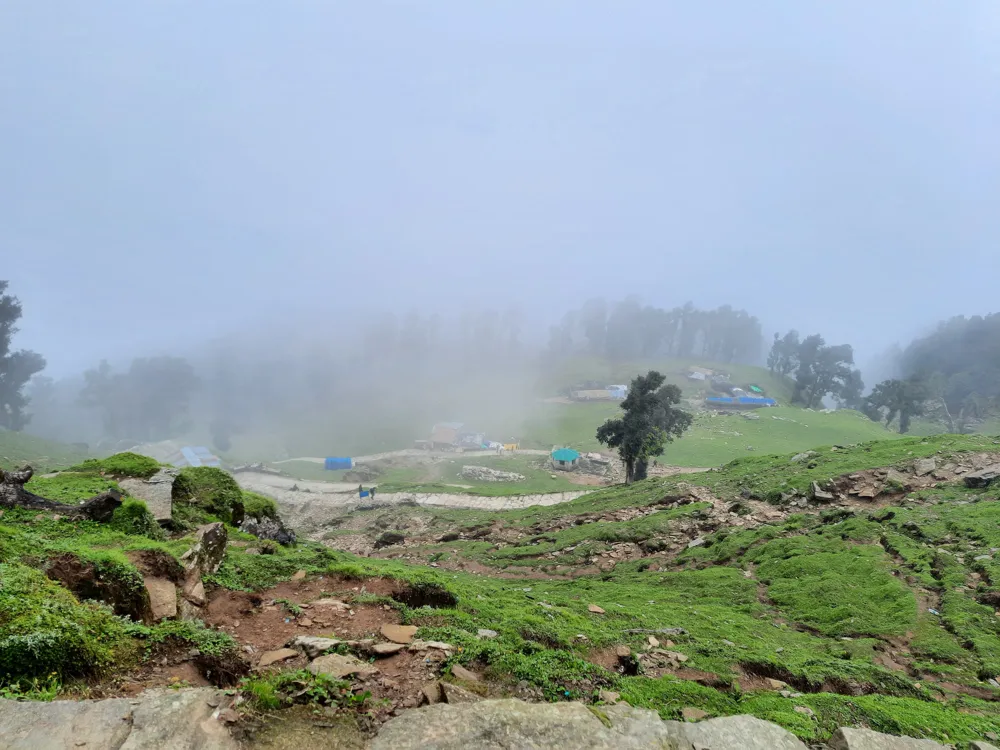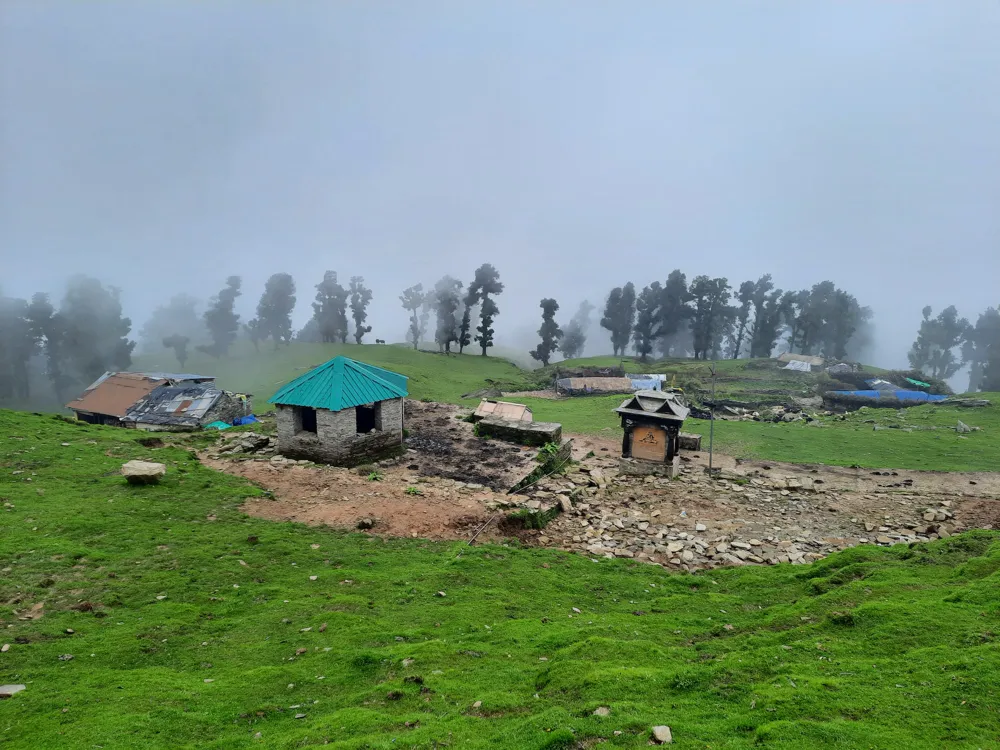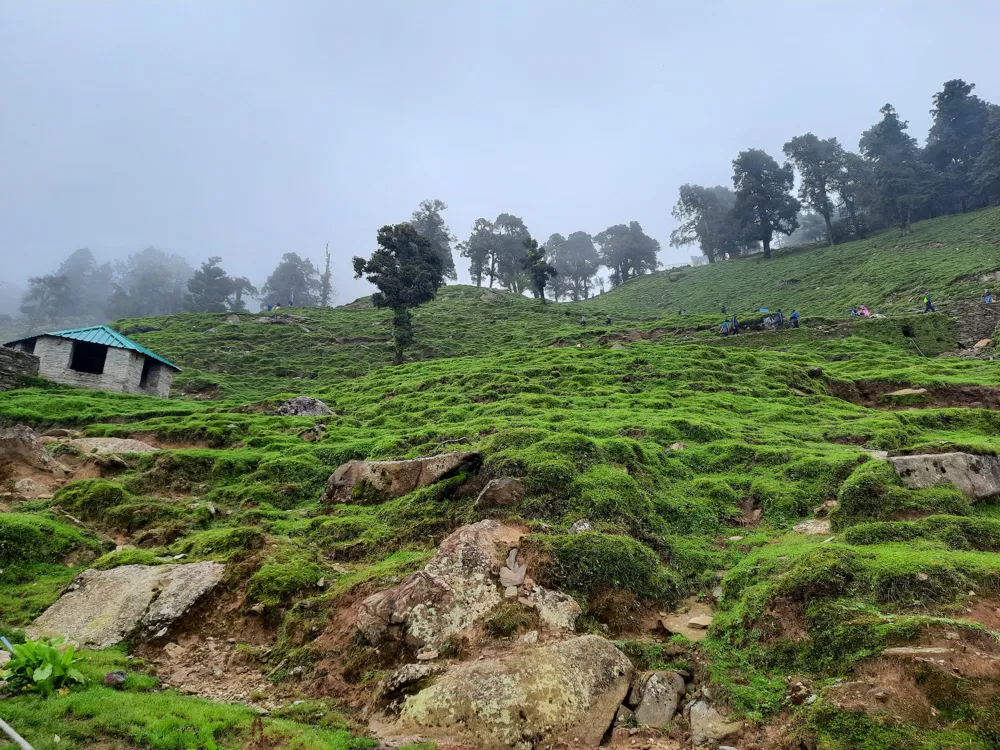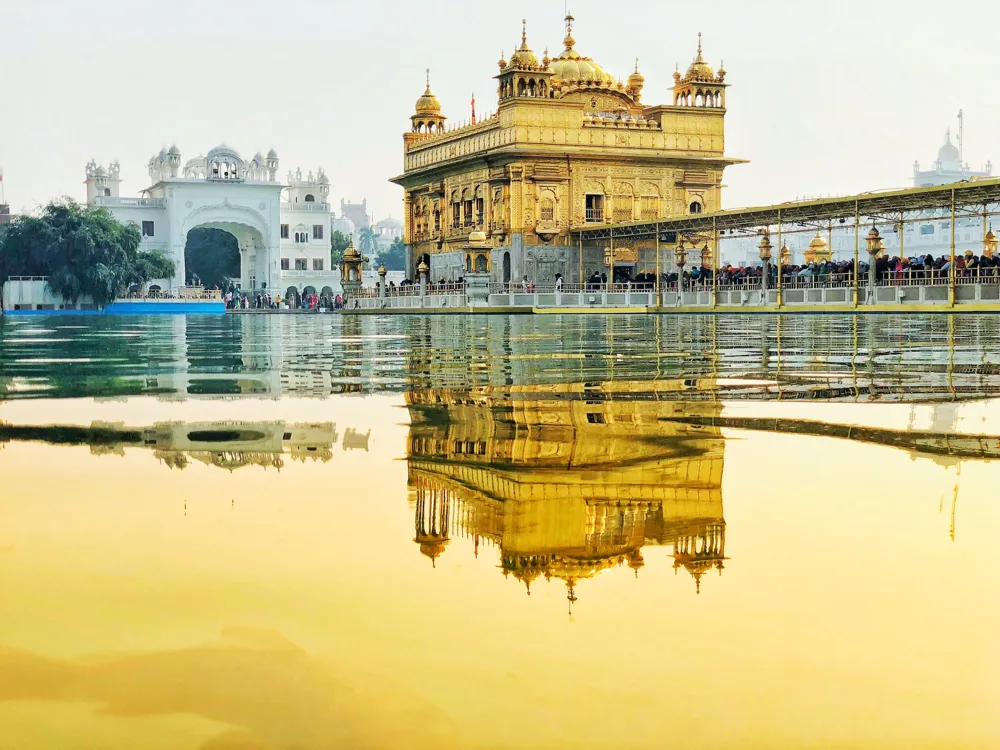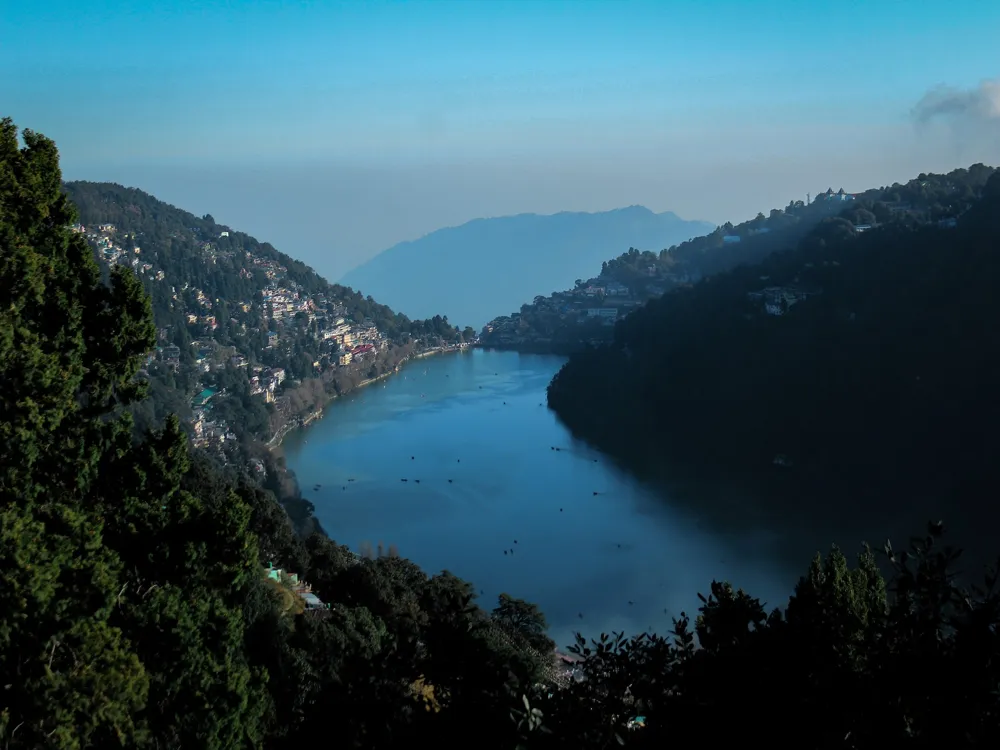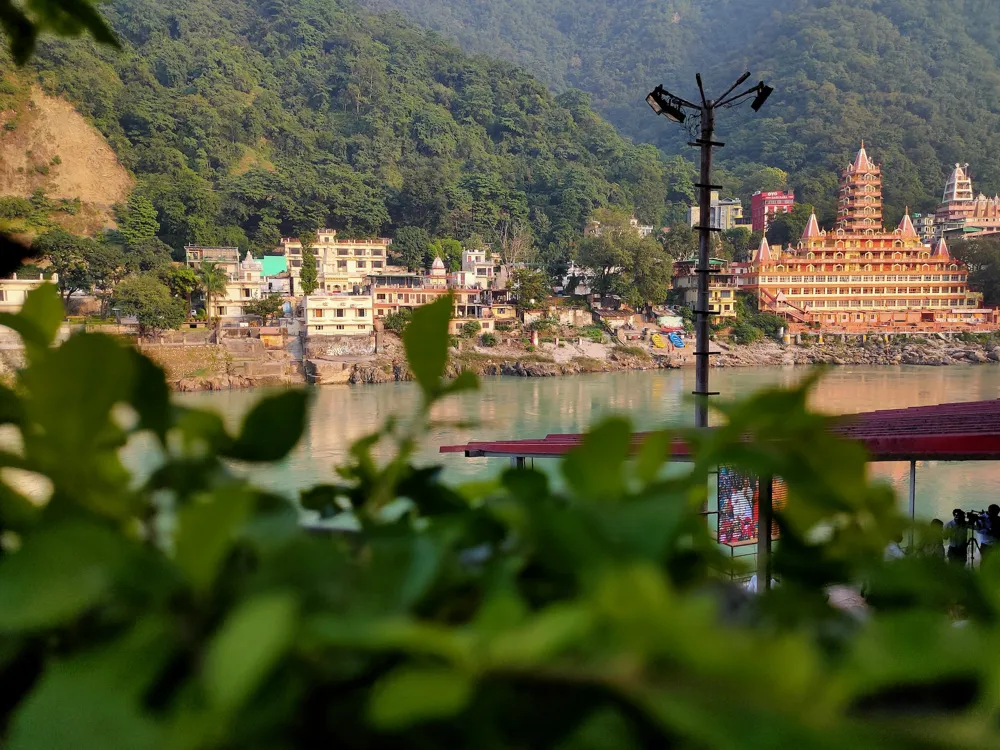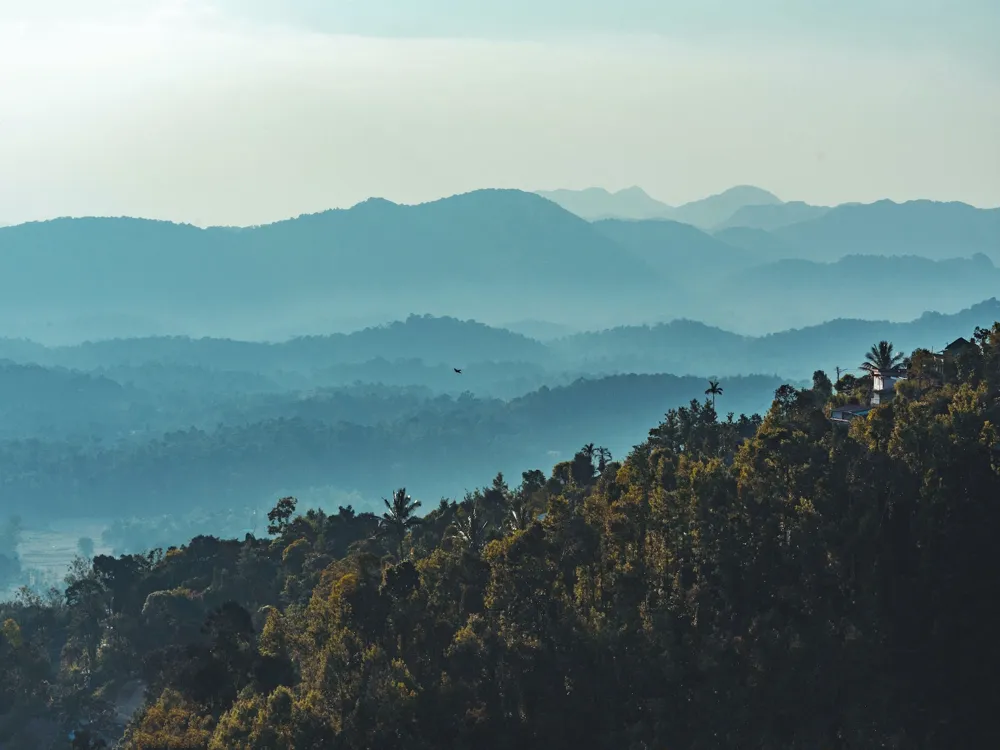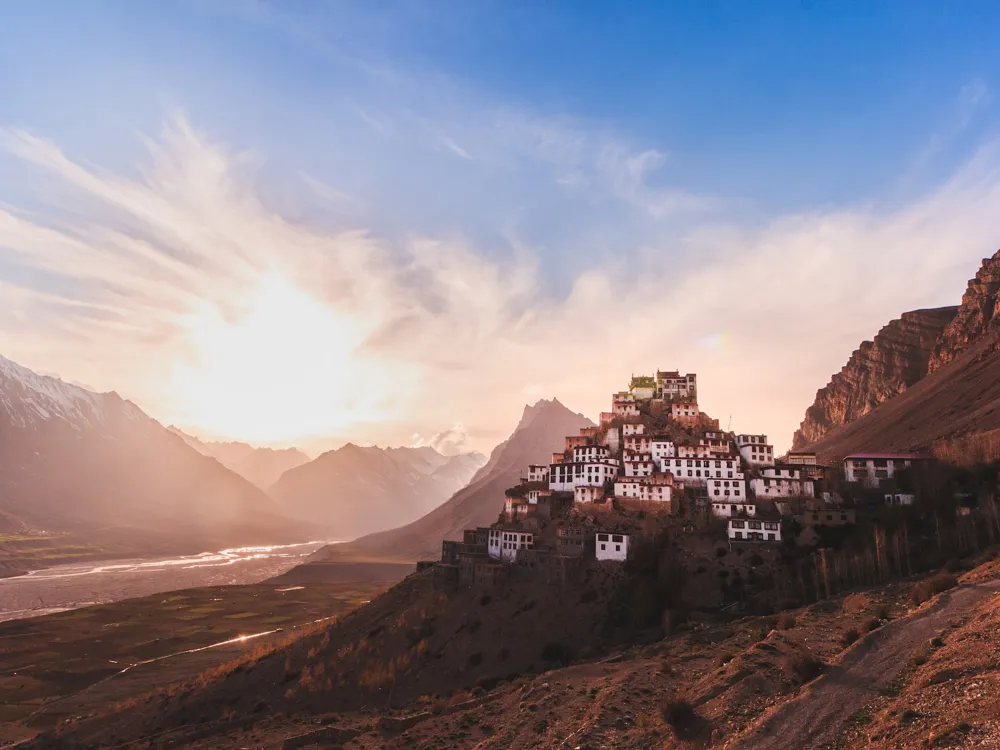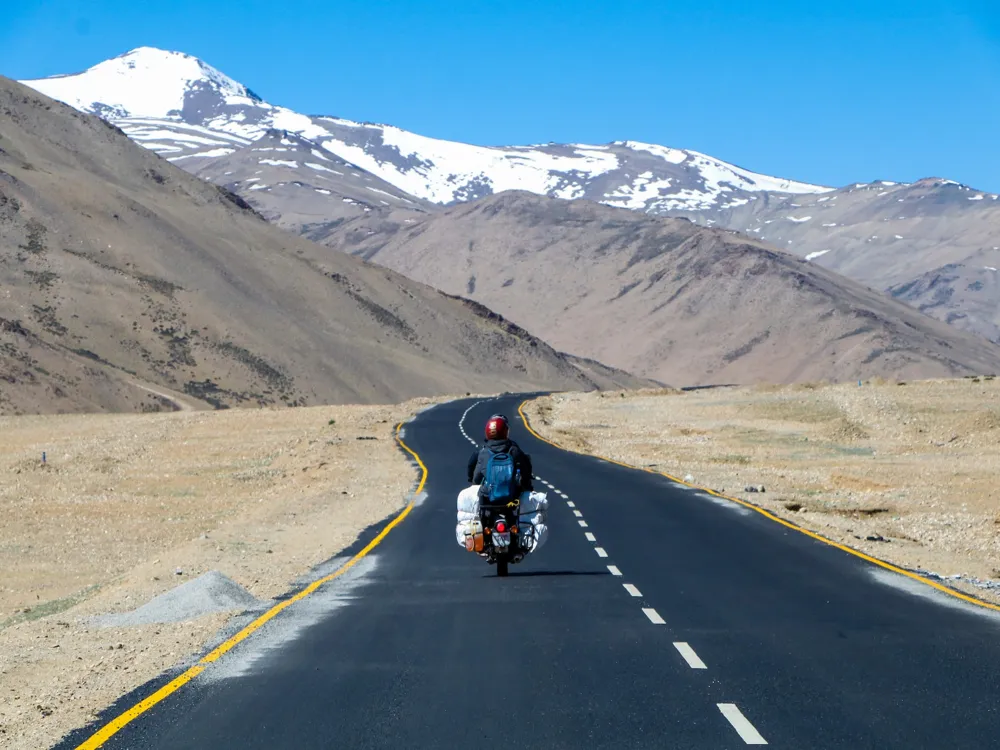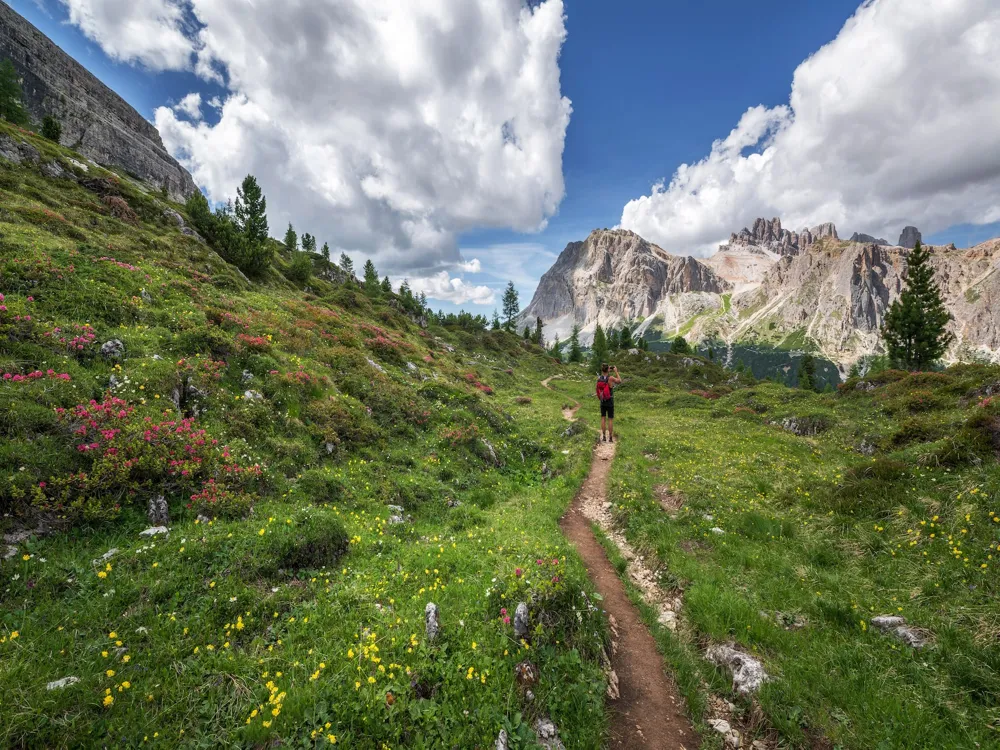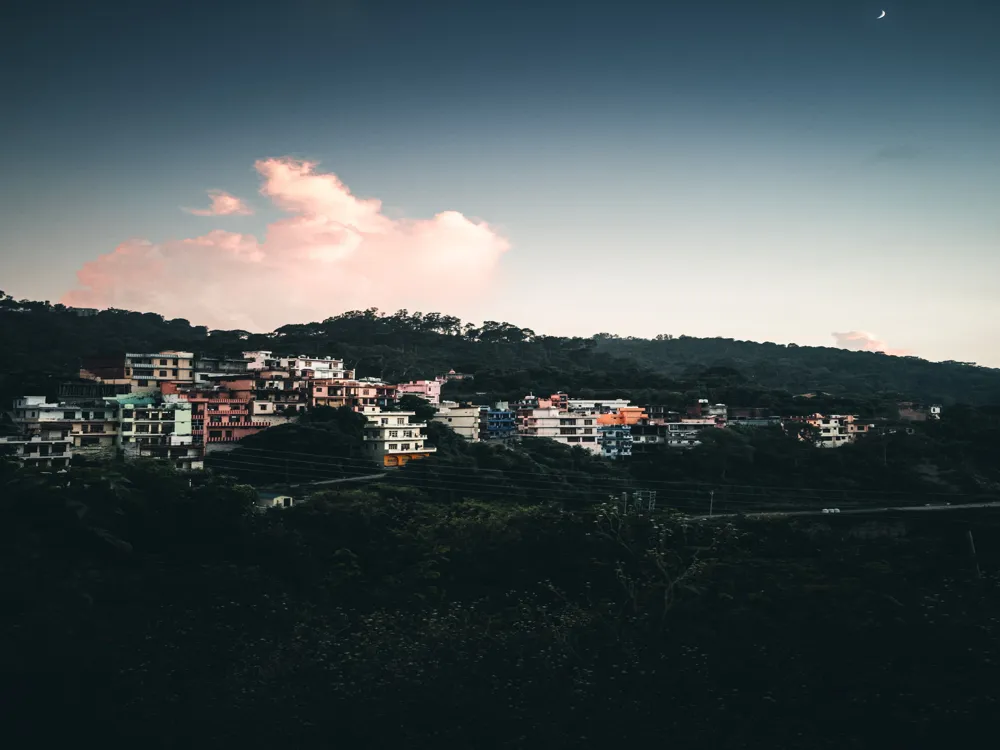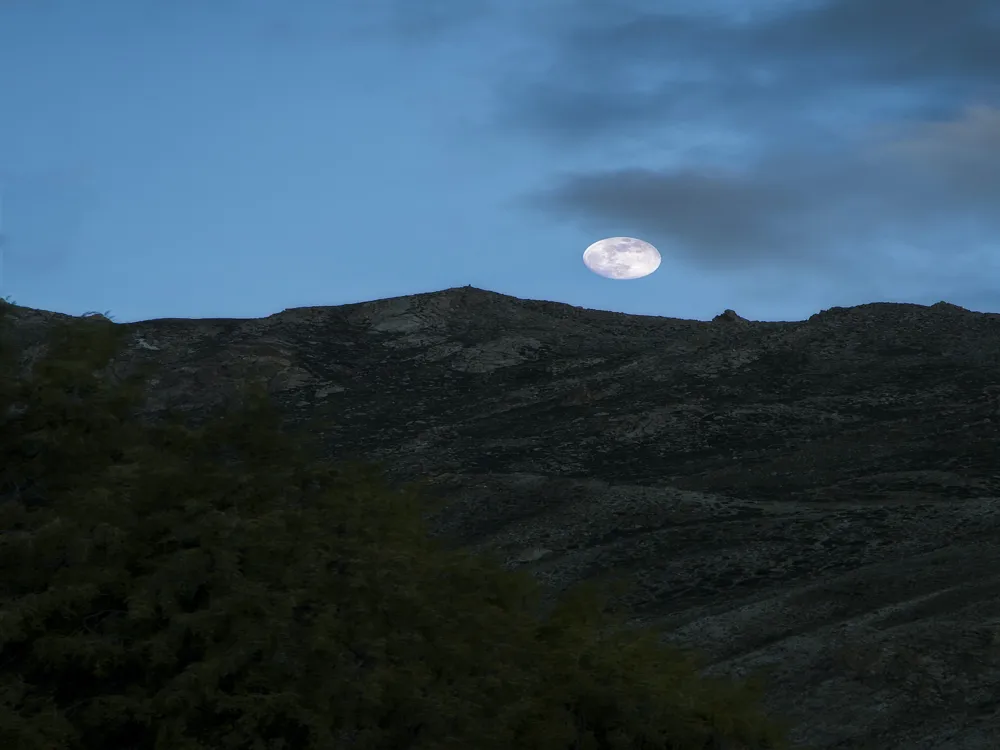Best Time to Visit Tungnath
Uttarakhand India
45 out of 57 Places to visit in UttarakhandNaN onwards View Packages
Get Customized PackagesThe Land of Diversity
Top Hotel Collections

Private Pool

Luxury Hotels

5-Star Hotels

Pet Friendly
What is the Best Time to Visit Tungnath?
Tungnath, nestled in the serene Himalayas, offers a breathtaking experience throughout the year. Determining the best time to visit Tungnath is crucial for an unforgettable journey. Let's explore the seasons and uncover the nuances that make each period unique.
More about Best Time to Travel to Tungnath
Travel Peak Season in Tungnath
The peak season in Tungnath, typically from May to June, is marked by pleasant weather and clear skies. This period is ideal for avid trekkers and nature enthusiasts, providing an opportunity to witness the lush greenery and vibrant flora of the region. The temperature ranges from a comfortable 10 to 25 degrees Celsius, ensuring a pleasant and enjoyable trek to the Tungnath temple.
Travel Offseason in Tungnath
While the peak season holds its charm, exploring Tungnath during the offseason can be equally rewarding. From October to November, the region experiences a unique tranquility, away from the bustling crowds. This is the perfect time for those seeking solitude and a more intimate connection with the spiritual aura of Tungnath.
Tungnath Travel Packages
View All Packages For Tungnath
Tungnath in Shoulder Season
Embracing Tranquility
The shoulder season, extending from September to October, strikes a balance between the bustling peak and the serene offseason. During this time, the weather is still pleasant, offering clear views of the surrounding peaks. The trails are less crowded, providing a peaceful trekking experience. The temperature hovers between 5 to 15 degrees Celsius, making it an optimal period for those who prefer moderate climates.
Tungnath in Hot Season
A Summer Retreat
The hot season, spanning from June to August, invites those who enjoy warmer temperatures. While the mercury rises to around 15 to 30 degrees Celsius, the clear skies and vibrant landscapes compensate for the heat. This period is suitable for travelers who appreciate the verdant beauty of Tungnath and seek a unique summer trekking experience.
Tungnath in Rainy Season
Navigating the Monsoons
The rainy season, from July to September, brings a touch of magic to Tungnath. The landscapes transform into a lush green paradise, with occasional showers enhancing the natural beauty. However, it's essential to be cautious of slippery trails during this time. For the adventurous souls equipped with rain gear, the monsoon season offers a different perspective of Tungnath's splendor.
Tungnath in Cool Season
Winter Wonderland
As the mercury drops from November to March, Tungnath transforms into a winter wonderland. Snow blankets the trails, creating a picturesque setting. While the temperatures can dip below freezing, the crisp air and snow-covered landscapes present a unique allure for those seeking a snowy escapade.
In conclusion, Tungnath beckons throughout the year, each season offering a distinctive charm. Whether you prefer the vibrancy of the peak season, the tranquility of the offseason, or the unique experiences of the shoulder, hot, rainy, or cool seasons, Tungnath has something to offer every traveler.
Places To Visit In Tungnath
View All Places To Visit In TungnathNearby Places Tungnath
Tungnath Photos
View All Photos For TungnathBrowse Package Collections
Browse Hotel Collections
Faq
Q: What is the best time to visit Tungnath for a trekking adventure?
A: If you're an avid trekker looking for a challenging yet rewarding experience, plan your visit to Tungnath during the summer months of May to June or the autumn months of September to October. During these periods, the weather is pleasant, and the trekking routes are usually in excellent condition.
Q: When is the optimal time to visit Tungnath for a spiritual retreat?
A: If you're seeking a spiritual journey and wish to avoid the crowds, consider visiting Tungnath during the off-season, from November to April. The winter months offer a serene atmosphere, and you'll have the opportunity for a more introspective and peaceful experience.
Q: What is the best time to visit Tungnath for photography enthusiasts?
A: Photography enthusiasts should plan their visit during the spring months of April to June. This period provides vibrant landscapes with blooming flowers, lush greenery, and clear skies, creating picture-perfect moments. Autumn, from September to October, also offers stunning foliage and favorable lighting conditions.
Q: When should I visit Tungnath to witness local festivals and cultural events?
A: If you're interested in experiencing the local culture and festivals, plan your visit during the Maha Shivaratri festival, usually falling in February or March. This is a significant celebration at Tungnath, attracting pilgrims and showcasing the rich cultural heritage of the region.
Q: Is there a recommended time to avoid crowds when visiting Tungnath?
A: To minimize crowds and have a more tranquil experience, consider visiting Tungnath on weekdays rather than weekends. Additionally, try to avoid peak pilgrimage seasons, such as during Maha Shivaratri, to enjoy a quieter and more contemplative visit.

